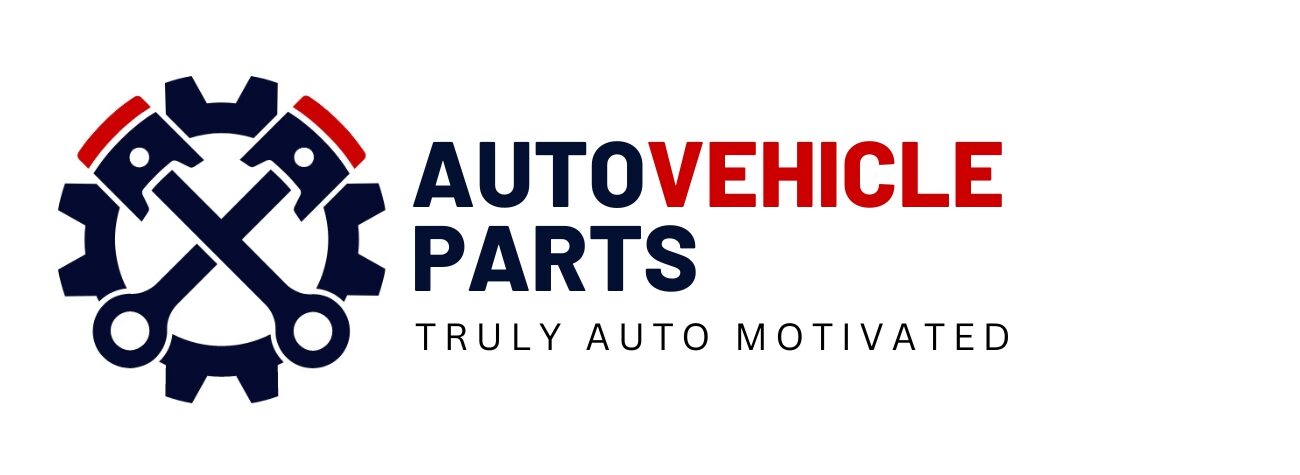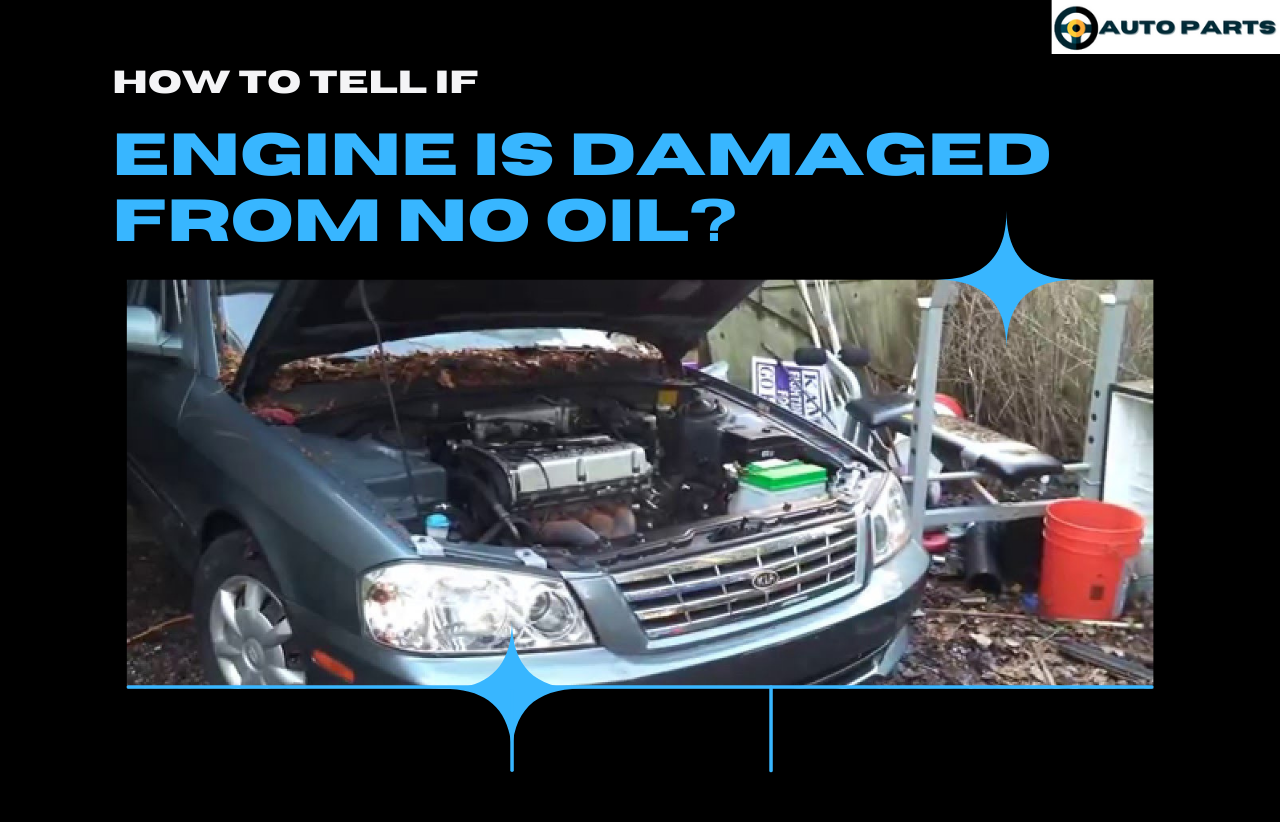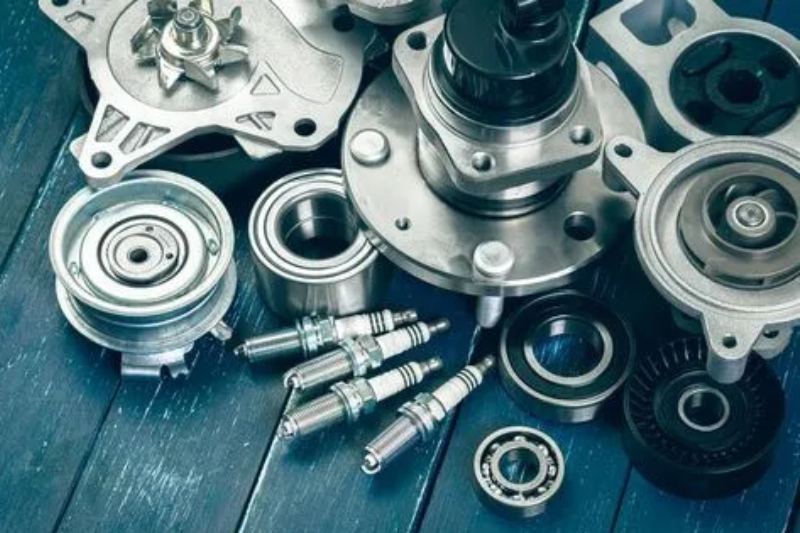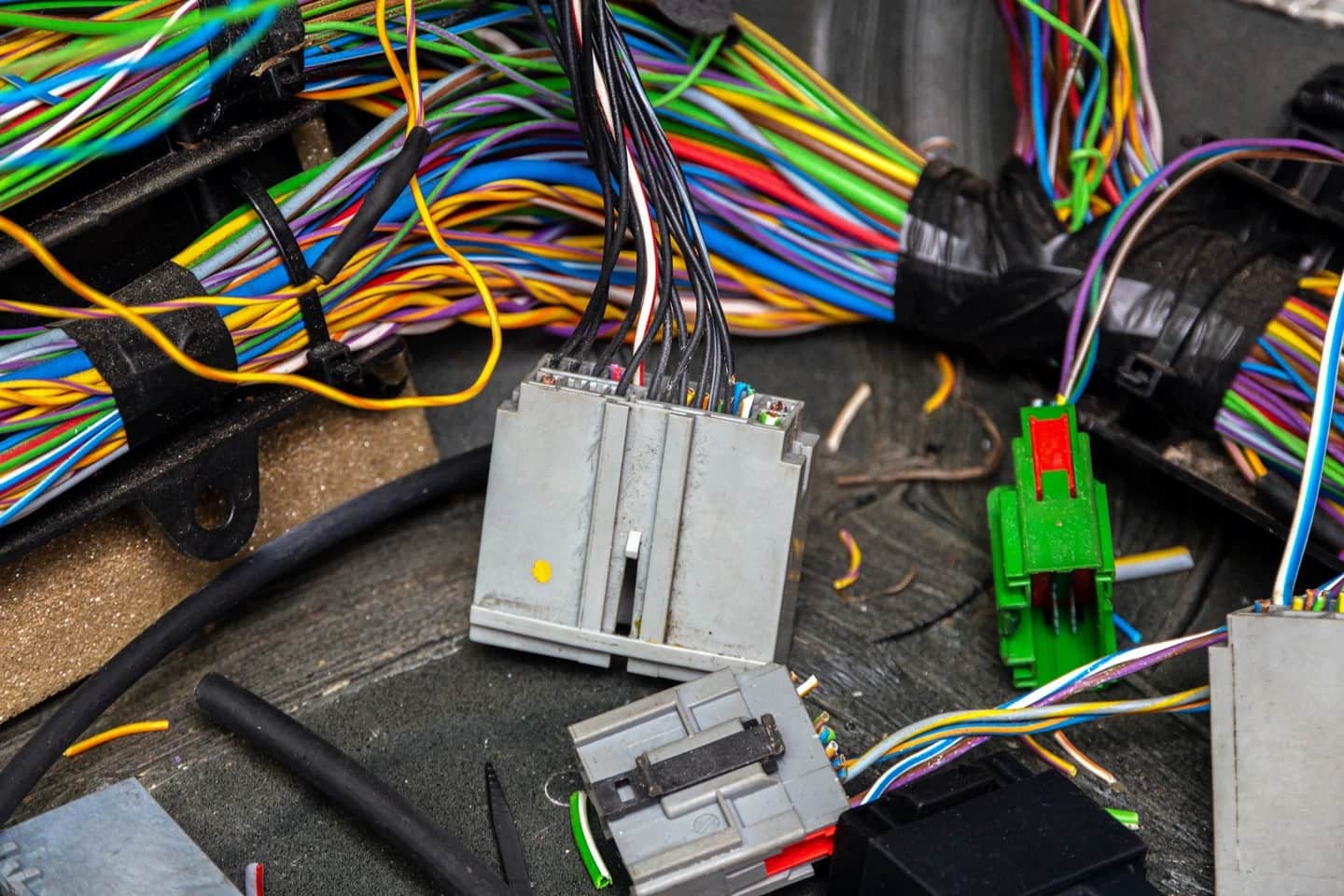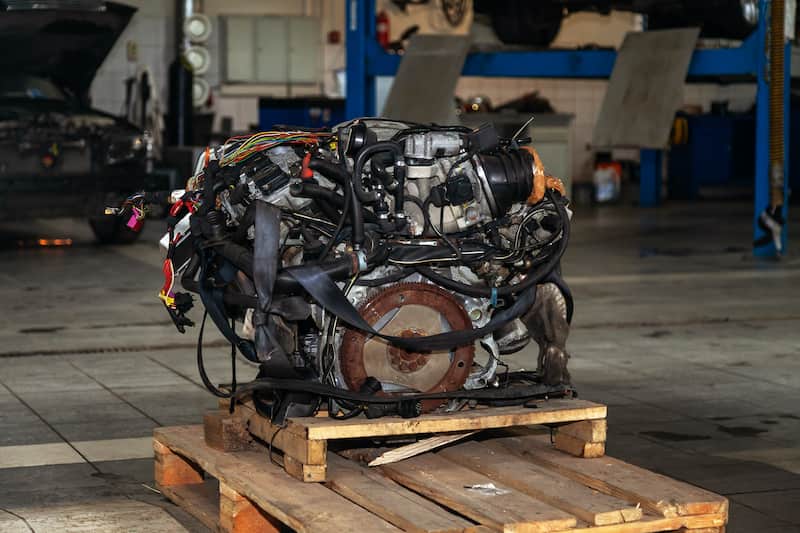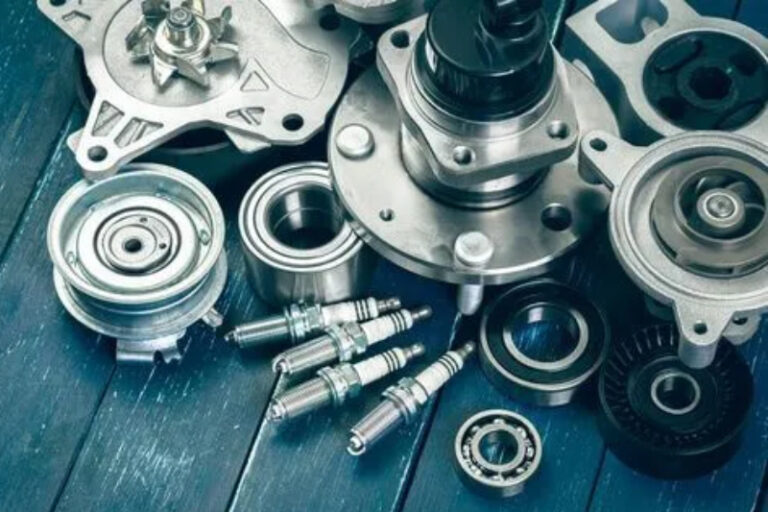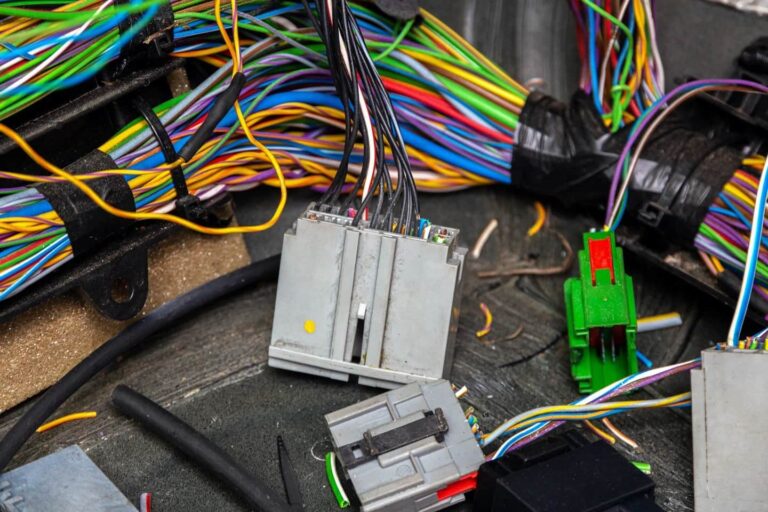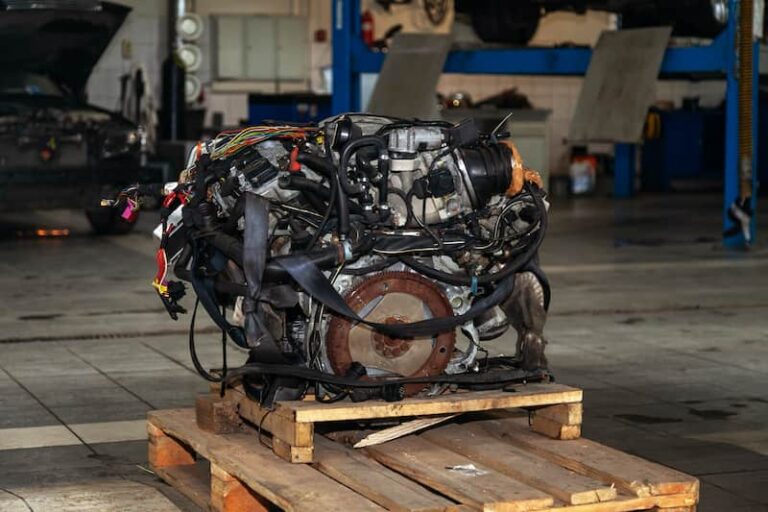One of the simplest yet most critical things you can do for your car is to maintain proper engine oil levels. Oil is the lifeblood of your engine – it lubricates moving parts, reduces friction, prevents overheating, and helps your vehicle run smoothly.
But what happens if you drive with little or no oil? Unfortunately, the result can be catastrophic. Without oil, metal parts inside your engine grind against each other, causing severe wear, heat buildup, and even total engine failure.
If you suspect your engine may have suffered damage due to a lack of oil, this guide will help you identify the warning signs before it’s too late.
Why Oil Is Essential for Your Engine
Before diving into the symptoms, it’s important to understand why oil matters so much.
Engine oil:
- Lubricates moving parts to prevent metal-on-metal contact.
- Cools the engine by reducing heat caused by friction.
- Cleans by removing debris and carbon buildup.
- Protects against rust and corrosion.
Without oil, your engine becomes dry and exposed to intense friction, heat, and damage that can quickly lead to failure. Even a short drive with no oil can cause irreversible harm.
5 Signs of Engine Damage from No Oil
If your car has been running without enough oil, you might already be experiencing some warning signs. Here are five clear indicators that your engine could be damaged.
1. Burnt Oil Smell
One of the first signs that something’s wrong is a burning oil smell. This strong, unpleasant odor often indicates that oil has leaked onto hot engine components and is now burning off.
This usually happens when your oil level is too low and the remaining oil gets overheated due to friction. If you notice this smell, pull over immediately and turn off your car. Continuing to drive could cause the engine to overheat or seize up entirely.
Once the engine cools down, check your oil level with the dipstick. If it’s low or completely dry, do not start the engine again until you’ve added oil or consulted a mechanic.
A burning smell could also signal a leak in the valve cover gasket or oil pan. Either way, it’s a red flag that your engine needs immediate attention.
2. Unusual Sounds
Engines are designed to operate smoothly and quietly when properly lubricated. But when there’s little or no oil, you’ll start to hear unusual noises like knocking, clunking, or grinding.
These sounds happen because metal parts – like pistons, valves, and bearings – are rubbing directly against each other without a protective oil layer. The longer this continues, the more internal damage occurs.
If you ever hear a loud knocking noise, stop driving immediately. This could mean your connecting rods are hitting the crankshaft due to lack of lubrication. In the worst-case scenario, this leads to a thrown rod, which can destroy the engine completely.
Listening closely to your car can save you thousands in repairs – so don’t ignore new or strange engine noises.
3. Overheating
Another common sign of engine damage from lack of oil is overheating. Without oil to absorb and dissipate heat, the metal parts inside the engine get hotter with every second of operation.
You may notice your temperature gauge rising, or steam coming from under the hood. Overheating can warp metal components, damage seals, and even cause a full-blown engine fire if not stopped in time.
If your engine starts overheating:
- Pull over safely.
- Turn off the ignition.
- Wait at least 30 minutes before checking under the hood.
- Add oil or coolant only once the engine is cool.
Driving an overheated engine is one of the fastest ways to destroy it. If the temperature spikes often, you should have a mechanic inspect your oil and cooling systems right away.
4. Engine Lagging or Reduced Performance
When your engine is running low on oil, you’ll notice it doesn’t perform like it used to. Acceleration feels sluggish, and the car might struggle to maintain speed.
This happens because the engine parts are working harder to move without adequate lubrication. The friction increases, causing the system to lose efficiency and power.
You might also experience rough idling, difficulty starting, or poor fuel economy. These are all early indicators that your engine is under stress.
If you feel the car “lagging” or not responding well to acceleration, stop driving and check your oil immediately. Continuing to drive can cause the engine to seize, which usually means a complete replacement is needed.
5. Smoking Hood
Perhaps the most alarming sign of severe engine damage is smoke coming from under the hood. When your car’s oil completely runs out, the excessive friction and heat can cause components to literally start burning.
You may see blue, gray, or white smoke rising, accompanied by a strong burning odor. At this stage, internal parts of the engine may already be melted or warped.
If you ever see smoke coming from your hood:
- Pull over immediately.
- Turn off the engine.
- Step away from the vehicle (there’s a risk of fire).
- Call roadside assistance or a tow truck.
Unfortunately, if your engine reaches this point, significant damage has likely already occurred, and a full engine rebuild or replacement may be necessary.
How to Check If Engine Damage Has Already Occurred
If you suspect that your car ran without oil, here’s what you can do to assess potential damage:
- Check the oil level and color. If it’s empty or dark and sludgy, that’s a bad sign.
- Inspect for metal shavings on the dipstick or in the drained oil – this means internal wear.
- Start the car briefly (only after adding oil) and listen for loud knocks or rattles.
- Look for warning lights, especially the oil pressure light or check engine light.
- Visit a mechanic for a compression or leak-down test to determine the extent of internal damage.
If your car still runs but exhibits any of these issues, it’s best to get it checked before the problem worsens.
Preventing Engine Damage from Low or No Oil
The best way to prevent this issue is simple – routine maintenance. Here’s how to protect your engine:
- Check your oil level every 1,000 miles or at least once a month.
- Change your oil and filter as recommended by your car manufacturer.
- Use high-quality oil that matches your vehicle’s specifications.
- Watch for oil leaks under your car.
- Address dashboard warning lights immediately.
A few minutes spent checking oil can prevent thousands of dollars in repairs.
Conclusion
Running an engine with little or no oil is one of the fastest ways to destroy it. From burnt smells and strange noises to smoke and overheating, the warning signs are clear. Ignoring them can turn a minor issue into a total engine failure.
If you suspect your engine has been damaged due to lack of oil, don’t drive it. Have it towed to a trusted mechanic or service center for inspection and repair. Acting quickly can make the difference between a simple fix and a costly engine replacement.
Remember, a small investment in oil today keeps your engine – and your wallet – safe tomorrow.
FAQs
Usually, less than 30 minutes. Severe damage can start within minutes of running with no oil.
Adding oil can prevent further damage, but it won’t reverse damage already done. Get your engine inspected as soon as possible.
It depends on the extent of damage. Minor wear may be fixable, but severe cases often require engine replacement.
If the engine won’t crank or move even when the battery is charged, it’s likely seized due to lack of lubrication.
Use the grade recommended in your car’s manual. High-quality synthetic oils generally offer better protection and longevity.
